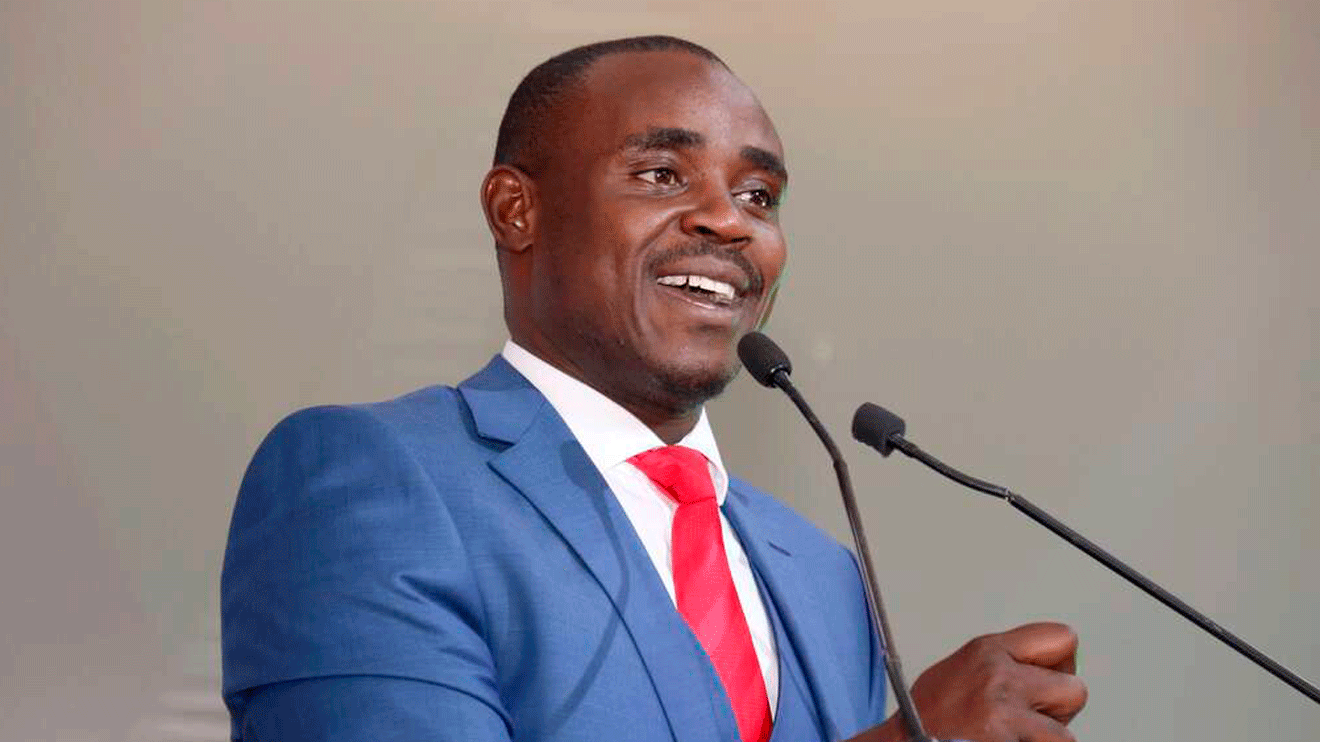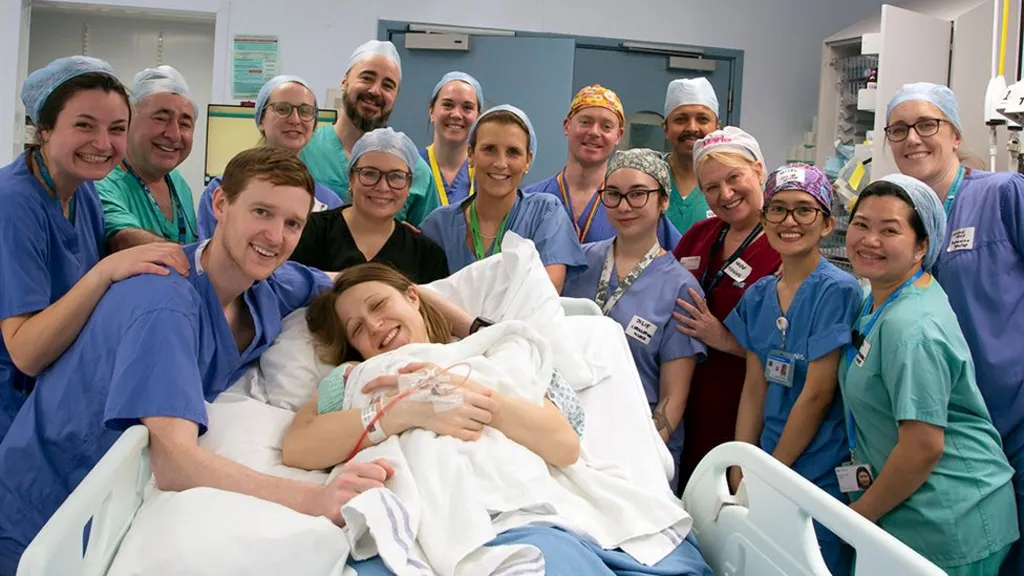Portuguese side Benfica is a force to be reckoned with, not just in the Primeira Liga but also in European football. The club has consistently won the Portuguese top flight and produced world-class talent that it has exported to other European leagues.
Despite this domestic success, Benfica has faced challenges on the European scene, especially in the final. The club has lost all eight European finals it has reached in a period spanning over 60 years. All this attributed to the Guttmann curse.

So what is the Guttmann curse and how did it come about?
Bela Guttmann was a legendary manager who took over the reins at Benfica in 1959. The Austro-Hungarian journeyman established the club as an unbeatable European side during his era.
He led the club to two consecutive European Cups in 1962 and 1963 but asked the club for a pay rise. Unfortunately, the Portuguese giants were not ready to reward him in monetary terms.
After being turned down, he left for the Uruguayan club Penarol. However, it is said that Guttmann placed a curse on Benfica, and many people now believe it is in effect.
“Not in a hundred years from now will Benfica ever be European champion,” he is reported to have said.

Benfica has lost eight consecutive European finals
In the Sixties, Benfica faced defeats in European Cup finals against Inter, AC Milan, and Manchester United. Another loss occurred in 1988, as they were beaten on penalties by PSV.
In the subsequent two years, they reached the final again, this time against Milan. The match took place in Vienna, where Guttmann, the former manager, is buried (he passed away in 1981 at the age of 82).
ALSO READ: Coentrao: Real Madrid two-time Champions League winner now works as a fisherman
There are allegations that Eusebio, a former player, visited Guttmann’s grave, seeking forgiveness on behalf of the club. However, Milan emerged victorious with a 1-0 scoreline.
Benfica also faced setbacks in the UEFA Cup final against Anderlecht in 1983 and in the Europa League finals against Chelsea in 2013 and Sevilla in 2014.










